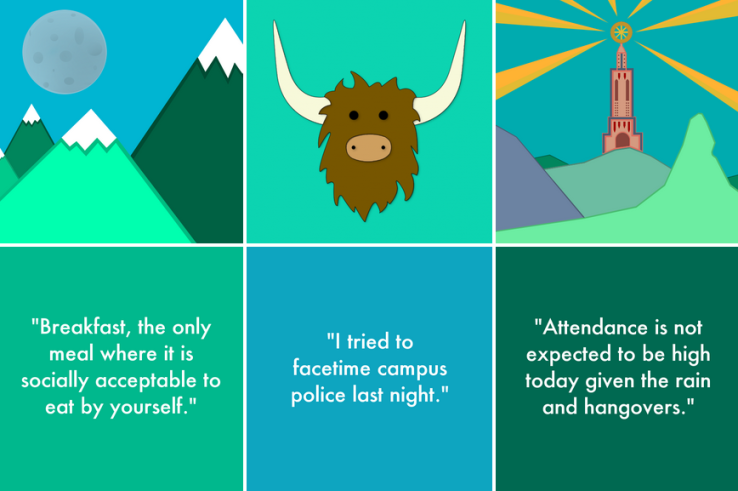We already know that distracted driving is dangerous and, as demonstrated in this case, can be deadly. See what lawmakers are attempting to pass in Congress this month in efforts to crack down on distracted driving. This article was originally posted on the Washington Post by Jenna Johnson.
Five-year-old Jake Owen played a video game in the back seat of the car as his family sat in Baltimore traffic. He excitedly announced, “Mom, I have 42 lives!” Then an SUV slammed into the sedan.
Devin X. McKeiver, 23, was using a cellphone when he rear-ended the car. He didn’t hit the brakes. The impact killed Jake.
Had McKeiver been drunk, he could have faced jail time. Instead, with his lawyer arguing at trial that McKeiver was doing something that everyone does, he was fined $1,000.
Now Jake’s family and others are asking Maryland lawmakers to increase penalties for drivers who cause crashes while talking or texting on a handheld phone. The bill, known in Annapolis as “Jake’s Law,” also would require “distracted drivers” involved in serious crashes to give police basic information about their cellphones, so detectives can more quickly check what they were doing at the moment of impact.
Privacy advocates say that sort of forced hand-over of phone information is unnecessary, and makes it easier for police to access and follow the digital trail that most Americans now have. But proponents say the phone-data portion of the bill is merely the 21st-century equivalent of requiring a blood test for drivers suspected of being intoxicated.
Read More »



















